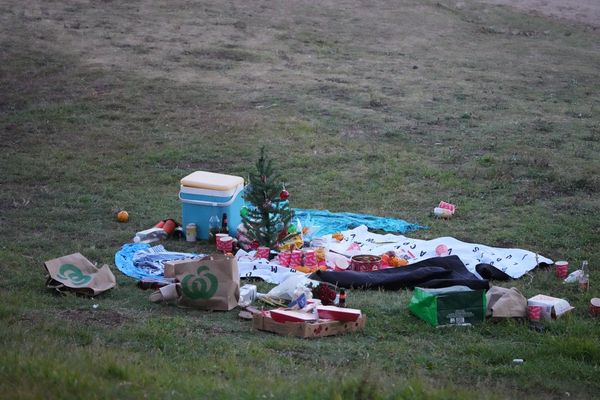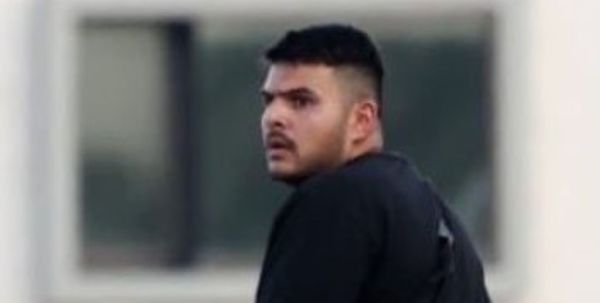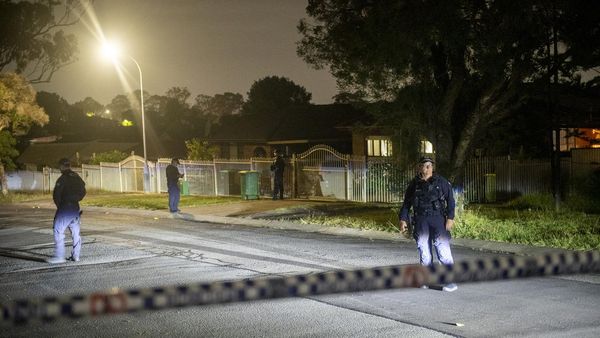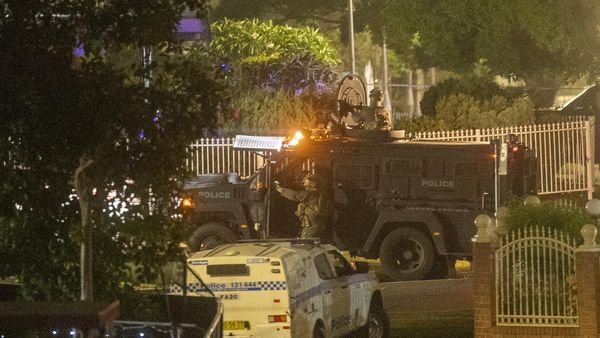Prime Minister Anthony Albanese has brought forward a snap national cabinet meeting by two days to Saturday morning.
Mr Albanese was briefed on the latest COVID-19 wave by the Chief Medical Officer on Friday afternoon shortly after arriving back from the Pacific Islands Forum meeting in Fiji.
His federal government has been under pressure to reverse a decision to scrap emergency payments for people who have to isolate but do not have sick leave.
Mr Albanese tweeted on Friday evening: "We will discuss proposals to ensure the vulnerable are protected over coming weeks."
It is a signal the government is prepared to soften its stance on ending the pandemic payments.
After Professor Kelly's briefing, Mr Albanese urged Australians to follow COVID-19 health advice.
"The past week has seen more than double the number of Australians stepping up to get their booster shots and a rapid rise in the use of antivirals," he said.
"We know the COVID pandemic is not over and people should continue to act in accordance with the health advice.
"The government will continue to address issues based upon the health advice that we have received."
Under the pandemic payment scheme, Australians who tested positive COVID-19 but did not have access to sick leave were offered up to $750 in support.
The payment was also available for people who had to stay home and care for a person with COVID-19, including children under 16 or a person with a disability, as well as close contacts.
It ended last month despite warnings that millions of people would contract COVID-19 in the weeks ahead.
The decision to scrap the payment was made even though it remained a public health requirement for people to isolate if they contracted COVID-19.
Responding to Mr Albanese's announcement, Acting Leader of the Opposition Sussan Ley said the Prime Minister and his government "had been found wanting on their handling of the pandemic at the very first hurdle".
"This evening, the Australian people are reading reports that Mr Albanese will reinstate pandemic leave payments," she said.
"This follows a week of pressure from the opposition, starting Sunday, when we urged the federal government to explain their reasoning for ending these payments.
"Casual workers were hurting most from Labor's inaction, putting women disproportionately at risk.
"As late as this afternoon, government ministers were arguing there was no room in the budget to fund these measures.
"Australians who need this support today – right now – were told they would have to wait until Monday for clarity at national cabinet.
"Now late on a Friday the government has caved to pressure."
Federal government MP Mike Freelander, who is also a practising paediatrician, recently said the payment should be restored, warning people in his community would suffer without it.
"It's going to put a lot of pressure on people to go to work when they are not well and it will increase the spread of the variants, putting pressure on hospital systems that are already overloaded," Dr Freelander said.
New South Wales Labor leader Chris Minns also called on the federal government to reconsider its decision.
"There needs to be an urgent rethink of the $750 for those who have been stuck at home with the COVID-19 illness," he said.
Mr Minns warned that without the payment, some people might still work because they need the money to get by.
"I don't want people having to choose between declaring whether they have COVID-19 [and] testing whether they have COVID-19 and returning to work, putting co-workers, the community and family at risk," he said.
Tasmanian Premier Jeremy Rockliff has also raised concerns, and has written to the Prime Minister about the payment and the end date on free rapid antigen tests.
"It's not the right time," he said.
"We are all in this together."
His calls to reinstate the payment follow similar messages from both unions and the Australian Medical Association.
Australian Council of Trade Unions secretary Sally McManus warned that ending the support could have health consequences.
"Without paid pandemic leave, hundreds of thousands of working Australians will face an impossible choice — to do the right thing for the community and stay at home, or to keep food on the table and pay their rent," she said.
"No worker should have to go to work while sick just to pay the bills.
"The withdrawal of these supports will delay our recovery from the pandemic and lead directly to more people becoming sick. It must be reversed."







